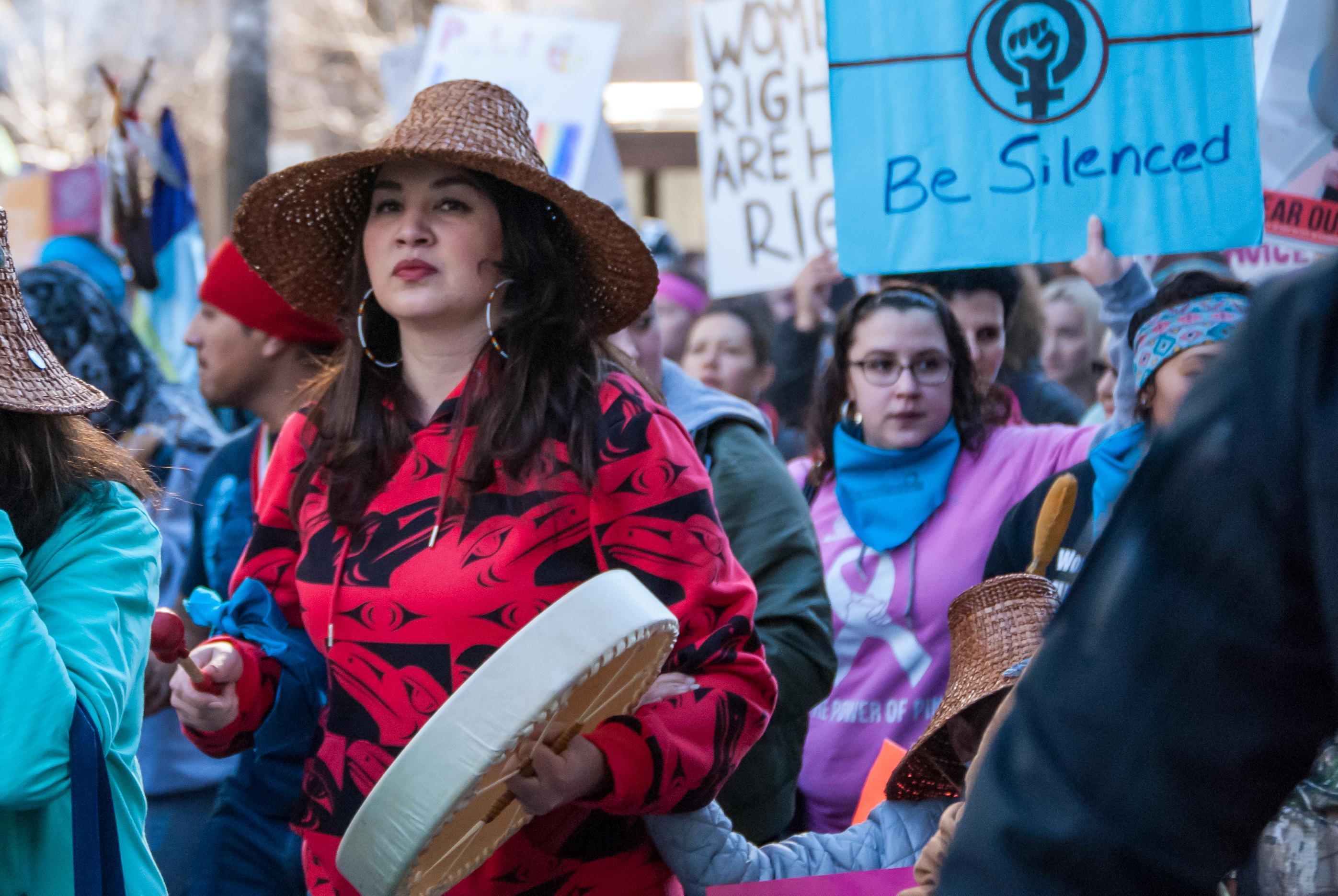
Start preparing ground for a big-tent collaborative.
Jeremy David Bendik-Keymer, Case Western Reserve University
With the new administration beginning, many people might want to know how to resist it. The inauguration week includes many protests against Donald Trump’s values – from the Women’s March on Washington to the #J20 Art Strike. What should we aim for as we head into protests?
As a reflective citizen and a practitioner of philosophy, I am hopeful about the power of protest. I see our time as challenging us to ensure that protests take democratic form. When we do, protest rejuvenates democracy.
A ‘hollowing out’
On the face of it, our democratic values are in trouble. In new work on democracy, the political theorist Wendy Brown argues that neoliberalism is “hollowing out” democracy without our realizing it, like rot inside a tree.
Neoliberalism is a form of thinking in which human values are reduced to capitalist market values, especially financial ones. Brown develops the concept from Foucault’s lectures on the governance of human populations. Foucault asks how people are managed as a people. His answer is that a new way of thinking sets in from the government on down to individual lives.
For example, in Citizens United, Supreme Court Justice Anthony Kennedy characterized political speech as a “marketplace” of ideas. This is odd because reasoning about the public good is not something we simply consume. Reasoning doesn’t work like that. You have to ask what makes sense, not whether you simply want it.
Brown also discusses how students and families often value education by its “return on investment.” This displaces deeper values such as growing up or becoming a good human being and an active citizen. Learning to govern our lives through shared rule is replaced by outperforming other competitive individuals.
In examples such as these, Brown shows how our capacity to work together is undermined in the way that we think. From the macro level of constitutional interpretation to the micro level of getting an education, neoliberalism “hollows out” our ability to think collectively about things.
Saying ‘we’ and meaning it
Thankfully, the ideas in the concept of protest can address this threat.
“Protest” has a Latin root that means to bear witness publicly. The idea is that in protest, some of us step forth and share something we think should be considered by all.
“Democracy” has a Greek root that means that the people have the power to construct society. We interpret this in the United States as rule by and for the people. The idea is that power is shared between us.
Now there can be no sharing when we can’t say “we” and mean it. Someone is being left out.
Furthermore, the minute we can say “we” and mean it, we affirm our shared volition. When we can attach our wills to something and affirm it, we share (some) power.
Thus, sharing power between people demands that people can say “we” sincerely and without reservation, and that they have not succumbed to oppression in the moment of speaking.
Democratic protest is at heart, I think, the act of finding how we can arrive at a point to say “we” and mean it. “How can we?!” we say in protest. But we also say, “How can we?” (notice the punctuation). “We the people” isn’t just an assumption of democracy, it is democracy’s goal and ideal.
Clearing a space for each other
If the main threat to democracy today is the loss of collective thinking, then protest is democracy’s guardian. But protesters must develop the idea of sharing power. Where can we turn to do this?
Today, some of the most exciting work on sharing is found in what is called “socially engaged art.” Artists such as Chloë Bass, Caroline Woolard and Michael Rakowitz have created ways of sharing power and of protesting that reinvigorate community and democracy.
Rakowitz urged that the color orange be removed from the city of Cleveland to protest the killing of Tamir Rice after he’d removed the orange safety tip from his toy gun.
Woolard has formed barter schools for knowledge in a “solidarity economy” where knowledge can be shared even when you cannot afford university.
Bass has given people the opportunity to better understand what living with others means through a series of interactive exercises. She gets at underlying fears through rituals people can trust.
These aesthetic acts are aimed at bringing people together across boundaries so that we are able to say “we.” They provide opportunities to work through trauma, impotence or class inequality and exclusion. They open up communication.
Protesters can learn from socially engaged art. Why shout at the police when they aren’t listening? It’s more imaginative to organize different ways to hear each other.
-30-![]()
Jeremy David Bendik-Keymer, Beamer-Schneider Professor in Ethics, Case Western Reserve University, Case Western Reserve University
This article was originally published on The Conversation. Read the original article.








